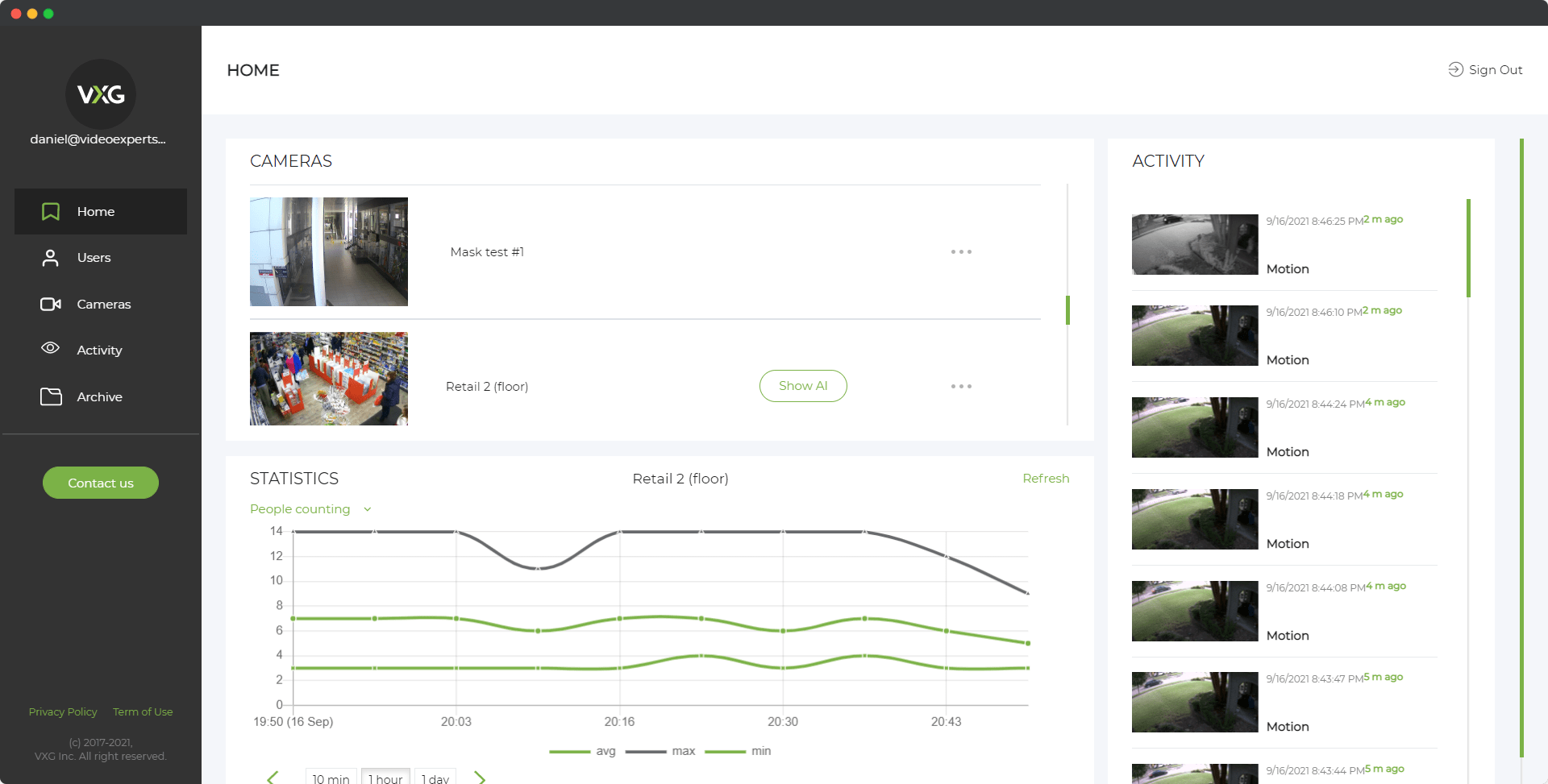Security cameras have become a vital tool for enhancing safety and deterring criminal activities in residential, commercial, and public spaces. However, their use is governed by laws designed to protect individual privacy and ensure ethical practices. In Michigan, security camera laws balance the need for security with the rights to personal privacy. This article explores the key legal aspects of security camera usage in Michigan, including applicable laws, permissible uses, and restrictions.
Understanding Security Camera Laws in Michigan
In Michigan, security camera usage is regulated by both federal laws and state-specific statutes. While the laws aim to encourage responsible surveillance, they emphasize the protection of privacy, especially in areas where individuals have a reasonable expectation of privacy.
Federal and State Laws Governing Security Cameras
-
Wiretapping and Eavesdropping Laws: Michigan’s eavesdropping statute, outlined in Michigan Penal Code Section 750.539, prohibits the recording of conversations without the consent of all parties involved. This means that audio surveillance without explicit consent is illegal in most cases.
-
Invasion of Privacy Laws: Michigan’s privacy laws ensure that individuals are not subjected to surveillance in spaces where they expect privacy, such as bathrooms, bedrooms, and locker rooms. Installing security cameras in such locations is considered a violation of privacy and can result in legal consequences.
-
Trespassing and Property Rights: The installation of cameras must respect property boundaries. Placing cameras to record activities on neighboring properties or public areas without proper authorization may violate trespassing laws or privacy expectations.
Permissible Uses of Security Cameras
While Michigan law restricts certain types of surveillance, it also allows security cameras to be used responsibly in the following contexts:
-
Residential Properties: Homeowners are allowed to install security cameras on their property for personal safety and to monitor activities around their homes. Common locations include doorways, driveways, and backyards. However, cameras should not intrude on neighbors’ privacy or capture footage inside neighboring homes.
-
Commercial Establishments: Businesses can use security cameras to safeguard their premises, monitor employee activities, and prevent theft. However, the use of cameras must comply with privacy laws, meaning areas like restrooms and employee break rooms are off-limits.
-
Public Spaces: Public places, such as parking lots, parks, and streets, can be monitored by authorized entities like local governments and law enforcement. Such surveillance must be used for legitimate purposes, like crime prevention and public safety.
Restrictions on Security Camera Use
Michigan law imposes several restrictions on security camera usage to safeguard individual rights:
-
Audio Recording Without Consent: Recording conversations without the consent of all parties is prohibited, even if the conversation takes place on your property.
-
Hidden Cameras: Installing hidden cameras in areas where individuals expect privacy is illegal. For example, secretly placing a camera in a tenant’s apartment or a guest’s room is a serious violation.
-
Harassment and Stalking: Using security cameras to harass, stalk, or spy on others is unlawful and can lead to criminal charges.
Penalties for Violating Security Camera Laws
Violations of Michigan’s security camera laws can lead to severe consequences, including:
-
Fines: Violators may face monetary penalties for illegal surveillance activities, such as unauthorized audio recording or privacy invasion.
-
Imprisonment: In some cases, especially those involving malicious intent, violators may face jail time.
-
Civil Lawsuits: Individuals whose privacy has been infringed may file lawsuits seeking compensation for damages.
Best Practices for Using Security Cameras in Michigan
To comply with Michigan’s laws and use security cameras responsibly, consider the following guidelines:
-
Avoid Recording in Private Areas: Ensure that cameras are not installed in areas where people expect privacy, such as bathrooms or bedrooms.
-
Inform and Seek Consent: Notify individuals about surveillance, especially in workplaces or rental properties. Written consent may be required for audio recording.
-
Secure Your System: Use encryption and password protection to prevent unauthorized access to your security camera system.
-
Limit Field of View: Adjust cameras to avoid capturing footage of neighboring properties or public areas unnecessarily.
FAQ
Security cameras can provide valuable security benefits when used appropriately, but it’s essential to understand and follow Michigan’s laws to avoid legal issues. By respecting privacy, obtaining consent, and adhering to established guidelines, individuals and businesses can enjoy the advantages of surveillance while ensuring compliance with state laws.
If you’re planning to install security cameras, consider consulting a legal expert to ensure your setup aligns with Michigan’s regulations.
















